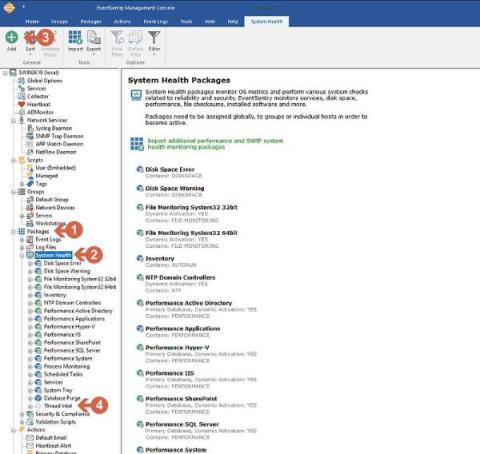Operations | Monitoring | ITSM | DevOps | Cloud
Featured Posts
10 Reasons for Poor Teams and Zoom Call Quality
Improving API error responses with the Result pattern
In the expanding world of APIs, meaningful error responses can be just as important as well-structured success responses. In this post, I'll take you through some of the different options for creating responses that I've encountered during my time working at Raygun. We'll go over the pros and cons of some common options, and end with what I consider to be one of the best choices when it comes to API design, the Result Pattern. This pattern can lead to an API that will cleanly handle error states and easily allow for consistent future endpoint development.
Runbook vs Playbook: What's the difference?
What's the difference between Runbook and Playbook?- for once and all we'll end this confusion today. If you find yourself worrying about forgetting the detailed process of the incident your team just resolved, you're not alone. This is where documentations like Runbooks and Playbooks come into play. Runbooks and playbooks serve as the organizational guides, providing essential information and instructions for teams to navigate through tasks and processes effectively. They not only help your team help themselves but also frees up your time for your ever-growing to-do list.
What's new in Avantra 24
I can't believe it's already been a year since the release of Avantra 23 in 2022. Over the past year, we've released three minor releases, 23.1, 23.2 & 23.3 that brought meaningful quality of life improvements across the entire product. We are bringing new checks, new performance optimizations, and highly requested features from our ideas portal (login needed). Additionally, there will be two new editions (Automation & Observability) so that customers can make better use of the features we have, and we have squashed 100s of bugs in different scenarios that our customers encounter in their day to day.
3 Reasons Why You Need an Embedded, Modern Database
Today's applications demand efficient data handling to provide users with seamless experiences. One solution that has gained prominence is the use of embedded databases, which are integrated within applications rather than relying on external servers. Different from a database for embedded systems, databases embedded within applications offer several advantages for storing data and analyzing it, especially in scenarios where performance, deployment simplicity, and data security are important. Embedded databases, or an embedded database management system (DBMS), can serve a variety of use cases, but are especially valuable for applications that need to provide analytics capabilities.
Digital Employee Experience: understand what it is and why it is important
In the continuous pulse of digital change, offering an agile and effective employee experience is no longer a goal - now it is the rule. After all, today's competitive marketplace is like a battlefield. It is needed something that catalyzes productivity, saves effort and, above all, satisfies those who make it all happen. This is where the Digital Employee Experience (DEX) comes in, a key that is not just technical, but as a force that amplifies performance, whether in the office or remotely. This is not a superficial concept, but a lever in the hands of leaders who want to transform.
Predict the Future! A universal approach to detecting malicious PowerShell activity
So, here’s the deal with AntiVirus software these days: It’s mostly playing catch-up with super-fast athletes — the malware guys. Traditional AV software is like old-school detectives who need a picture (or, in this case, a ‘signature’) of the bad guys to know who they’re chasing. The trouble is, these malware creators are quite sneaky — constantly changing their look and creating new disguises faster than AntiVirus can keep up with their photos.









